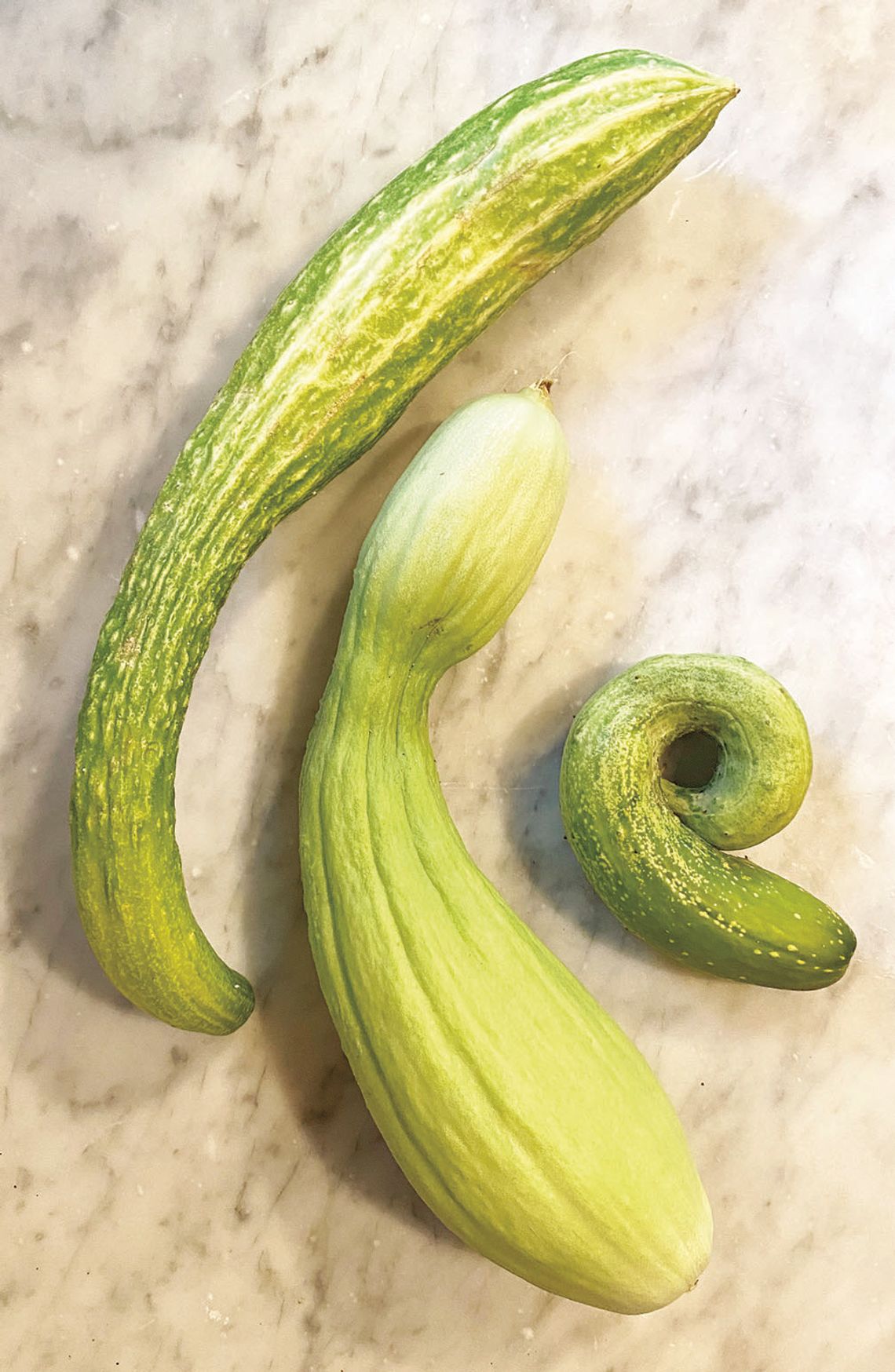Spring in Central Texas was delightfully but unseasonably cool this year, but Mother Nature has ensured summer is hot and dry as usual. The spring rains and cooler temperatures were great for the gardens and helped our summer crops get established and become healthy, productive plants.
With the unrelenting heat, keeping our plants alive and healthy is much more of a challenge.
Watering regularly is essential these long, dry summer days. The extreme heat is also contributing to issues with production including poor quality fruits and lower yields.
While the day time temperatures have been brutal, heat loving crops like okra and sweet potatoes don’t mind them at all. Other summer crops need extra attention to keep them productive. Tomatoes, peppers, eggplants, squash, melons and cucumbers likely need more water, afternoon shade and additional nutrients to maintain fruit growth and quality.
These plants typically blossom and set fruit during the summer but yields are greatly reduced and anomalies appear. Now that evening temperatures rarely get below 75 degrees, all but the smallest cherry tomatoes will stop blooming.
Summer temperatures create several issues affecting pollination. The heat degrades pollen and insects like bees significantly reduce their activity. When temperatures rise above 90, bees will limit their foraging to only the early morning.
Both decreased pollen viability and reduced insect activity can cause squash, melons and cucumbers to produce misshapen fruits. Irregular shapes like curls and oddly tapered ends are caused by poor pollination.
Environmental stresses like heat and drought stress contribute to this as well.
Misshapen fruits aren’t as attractive, but are perfectly safe to eat.
Slice off the weird part and enjoy the rest.
Another quality issue you may encounter is flavor changes.
Hydration plays a huge factor when it comes to flavor. Too much water can dilute flavors, especially with sweet crops such as melons and figs. Unless you are overwatering significantly or we encounter torrential rainfall right before a summer harvest, drought is much more an issue impacting produce flavor profiles.
Drought conditions cause smaller, drier fruits but also increase certain compounds which plants make to protect the genetic material in seeds.
Cucurbits (cucumbers, squashes and melons) contain cucurbitacins, a bitter tasting compound that concentrates in fruits during times of stress.
Cucurbitacins are found in all cultivated cucumbers, mostly in the leaves and stems.
This bitterness helps protect the cucumbers and the seeds from being palatable to hungry animals. When subjected to heat and water stress, the plants will produce more bitter compounds and store it in the fruits to protect the seeds from being eaten before fully forming.
Cucumbers like to have consistently moist soil and do not like to dry out. If you are fortunate to still have viable plants, providing consistent water and afternoon shade will give your plants the best chance of producing quality fruits.
With 25 years of backyard gardening experience, Julie is a plant and nature enthusiast.
She lives in Taylor and hosts the “Plow & Hose Organic Gardening in Central Texas” podcast and radio show that airs on KBSR, Black Sparrow Radio every Saturday and Sunday at 9 a.m.








